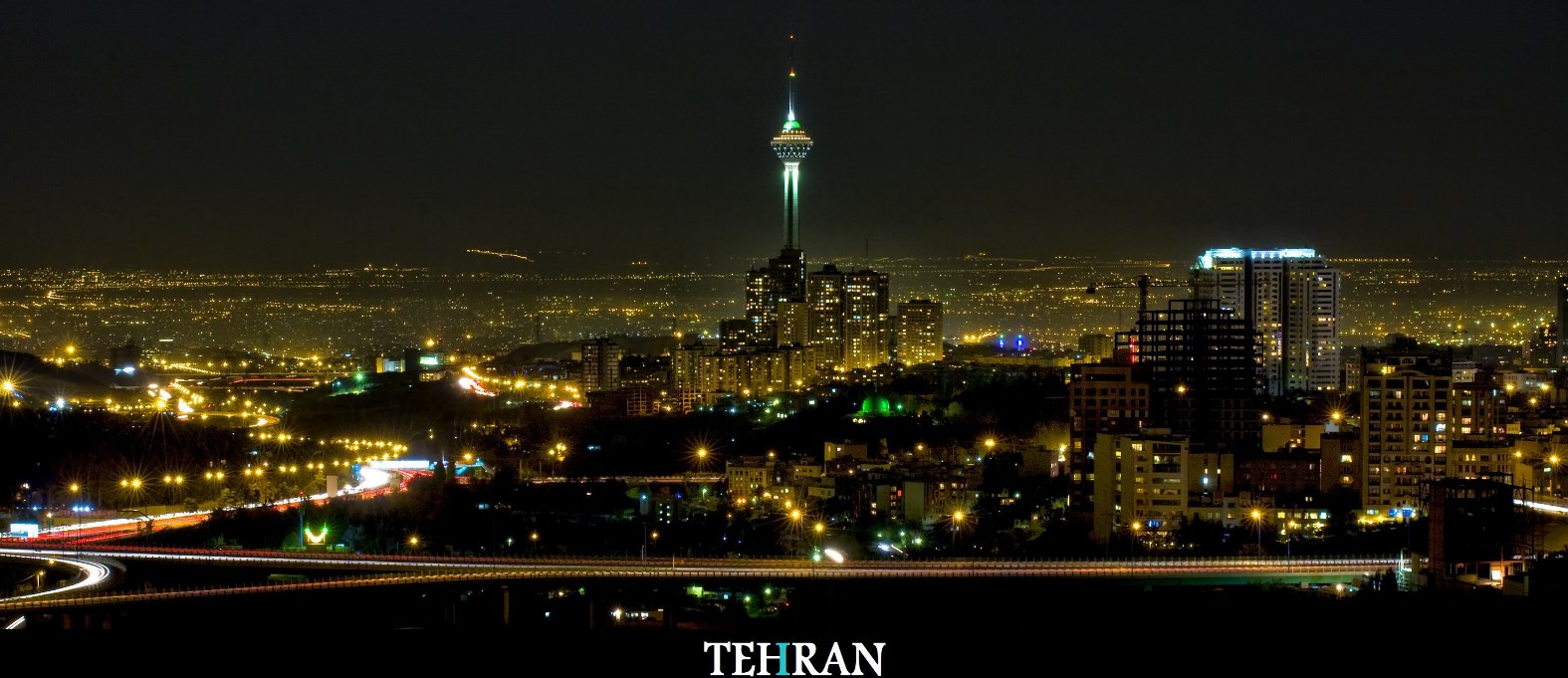
Managing director of the National Iranian Oil Company (NIOC) said more than 70 percent of Iran’s enormous oil and gas reserves are yet to be developed and Iran Petroleum Contract (IPC) conference offers an excellent opportunity for developing the country’s energy reserves.

Addressing a conference in Tehran to introduce Iran’s new oil and gas contract model, Roknoddin Javadi said Iran has one the world’s biggest oil and gas reserves.
Javadi further said that with 345 billion oil equivalent barrels of recoverable crude oil and gas reserves, Iran possesses the world’s largest reserves.
‘Until now, less than 30 percent of the reserves’ recoverable oil and gas has been exploited or developed for production and IPC contracts can be seen as a favorable opportunity for utilizing the existing energy potential,’ he said.
He expressed hope that the new contract model will bring about favorable results for the country’s petroleum industry in the post-sanctions setting.
‘Our proven oil reserves are nearly 158b barrels, 10 percent of the world’s total, and we have a massive potential in this regard…. Our oil output must be doubled,’ Javadi added.
The NIOC chief further underlined the country’s superior status in terms of gas reserves, saying that Iran has 34 trillion cubic meters of recoverable gas in its vast reserves which are unparalleled in the world.
Representatives from petroleum heavyweights including Royal Dutch Shell, Total and Lukoil, to name a few, have arrived in Tehran to attend the conference which will introduce the new IPC models. The two-day event opened on Saturday in Tehran.
Representatives from 152 foreign companies are attending the conference, said Mehdi Hosseini, head of the conference and the official in charge of devising the new contract terms at Iran’s Ministry of Petroleum.
He said the representatives come from 45 countries. Totally, 335 companies have participated in the event to be the first to know about the contract terms.
A follow-up conference will be held in London on February 22-24 after the IPC event in Tehran.
The contract took two years to be devised by the ministry and be endorsed by the Rouhani administration, and the projects introduced under IPC are hoped to meet a part of Iran’s need for developing its oil and gas industry, he said.
In the wake of nuclear deal reached last July, Iran has been receiving high-ranking officials and corporate executives of major companies including from Germany, Spain, Austria, Italy, and France to discuss new cooperation ventures.
Iranian Minister of Petroleum Bijan Zangeneh has said that Iran welcomes foreign investment in its energy industry, but stresses technology transfer by foreign partners in the new contracts
